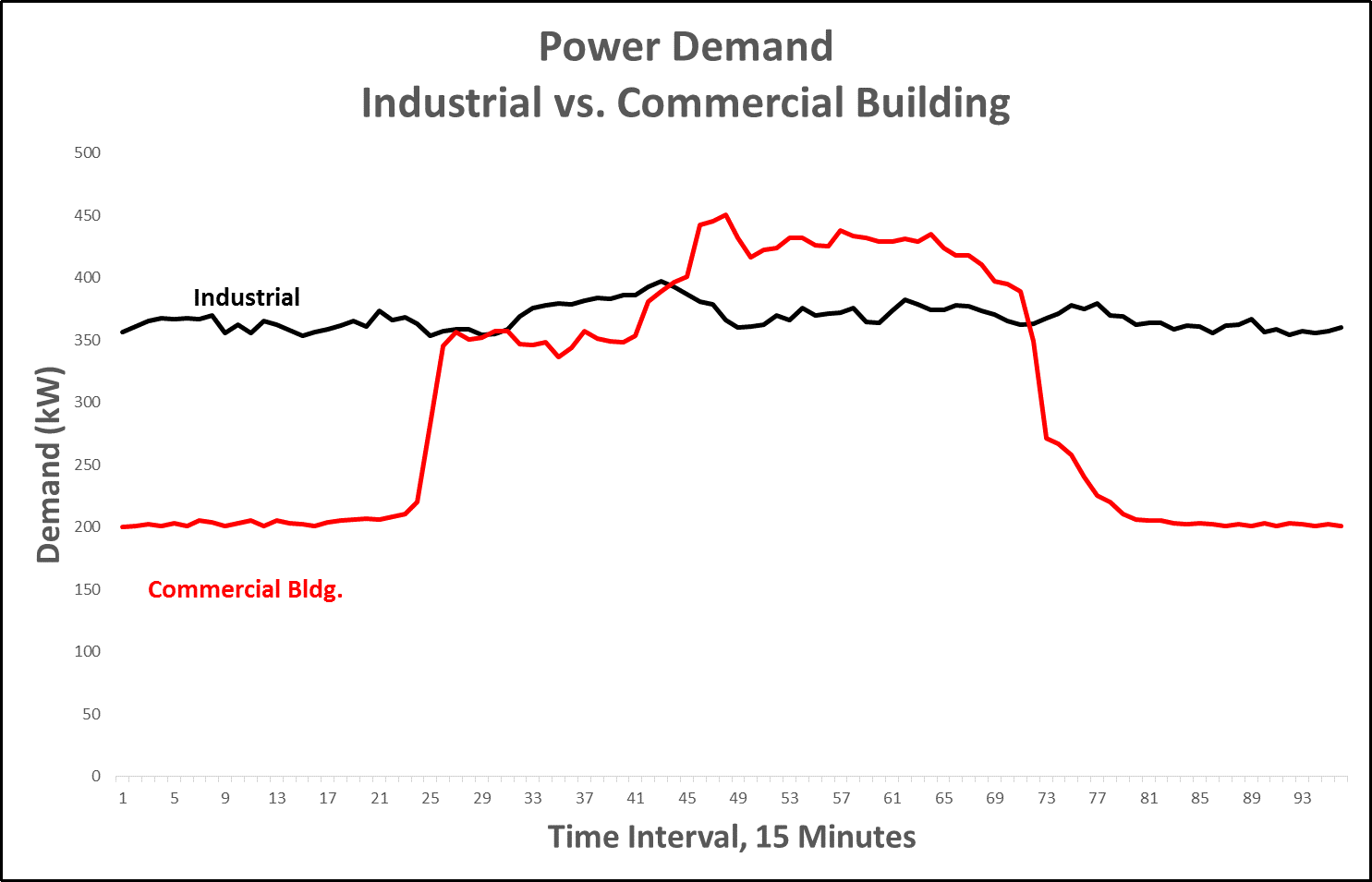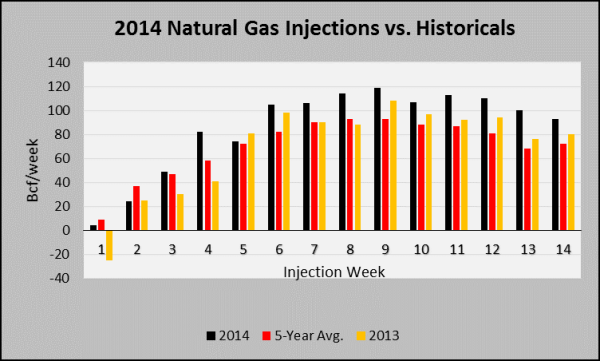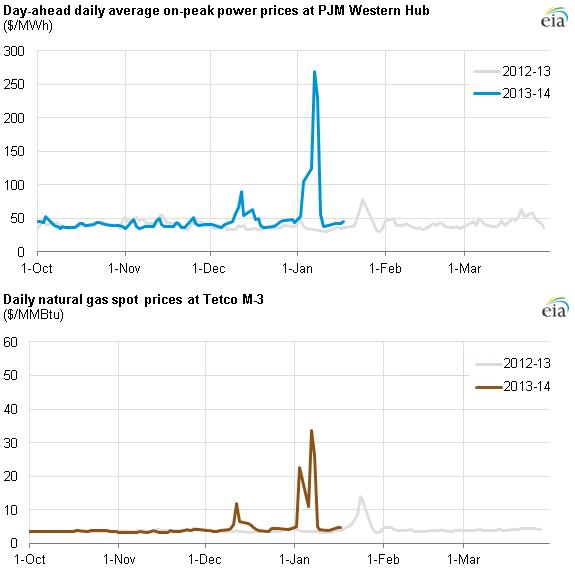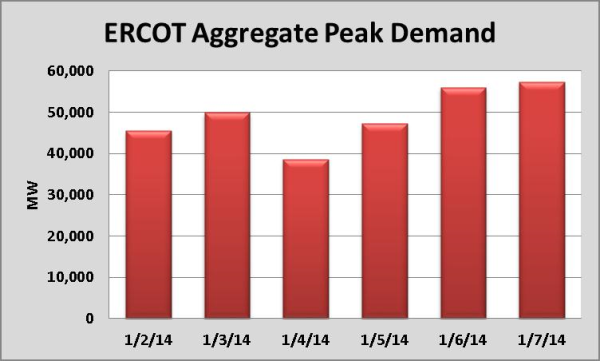It’s always an interesting discussion with non-technical people involved in contracting for power supply. Energy contracting is oftentimes the responsibility of personnel who are not familiar with the price dynamics of the power markets. The conversation will typically start with “we use a lot of electricity…..we should see a great price”. While that may be true, it’s not necessarily the magnitude of usage that drives the price, but the consistency and level of demand. What’s the difference between demand and usage? Power demand is the amount being drawn from the grid at any point in time; usage is the aggregate of demand across time. A consistent or flat demand profile, meaning a higher load factor, will command a better price than that associated with a low load factor. So why is that?
Power Prices: It's The Demand And Not Just The Usage
Posted by Richard Zdunkewicz on Jul 1, 2016 11:04:45 AM
Topics: energy management, energy efficiency, Peak Demand, demand, power, power usage
Natural gas inventories have recovered significantly after reaching an 11-year record low of 822Bcf in late March-2014. During the last nine weeks, natural gas injections into storage have outperformed historical levels, and eight of them exceeded 100Bcf/week. Moreover, the last nine injections have exceeded the five-year average gains by 24Bcf on average. The drivers behind these above normal injections are the following:
Topics: Texas Energy, tropical storm, hurricane, energy sourcing, Acclaim Energy Advisors, energy management consulting, risk management, energy, Energy Solutions, energy procurement, weather outlook, reliable energy, demand response, energy regulations, energy reliability, energy savings, Weekly Energy Insights, natural gas, energy management, Price Spike, energy blog, power outages, Natural Gas Supply, price volatility, mild weather, energy supply, Texas, load generators, Peak Demand, forecasting
NG Spot Prices Reach Record Levels and Boost Power Prices During January 2014
Posted by Jennifer Chang on Jan 24, 2014 5:17:00 PM
Two ruthless surges of arctic air, east of the Rockies, have taken over the eastern half of the country this month. The latest forecasts suggest that this weather pattern will continue to linger through the end of the month. Sub-zero temperatures are expected in the upper Midwest cities and the great lakes, including Chicago, Minneapolis and Detroit and possible below zero temperatures as far south as the Ohio River. Factoring in wind chill, temperatures are expected to be 20 or 30 degrees below zero. This weekend a couple of Canadian clippers will be followed by another arctic surge through mid-next week with conditions that could rival those from January 6, 2014. A Canadian clipper (a.k.a Alberta clipper) is a storm system during the winter months that originates from the Canadian Province of Alberta (or there close by). The term "clipper" originates from the quick speeds of clipper sailing ships. Thus, an Alberta clipper is a quick-moving winter storm system originating from Alberta, Canada. A clipper will usually bring smaller bursts of snow (generally 1-3 inches) along with colder temperatures and often times gusty winds (The National Oceanic and Atmospheric Administration).
Topics: energy risk management, Acclaim Energy Advisors, risk management, energy, Energy Solutions, energy procurement, weather outlook, reliable energy, demand response, energy regulations, energy reliability, energy savings, energy costs, power generation, Weekly Energy Insights, natural gas, Event, energy management, energy management consultants, energy price spikes, Price Spike, energy blog, energy supply, Winter Weather, U.S. energy, Peak Demand, mid-atlantic, new england, NG
ERCOT Sets New Winter Peak Demand- Real Time Prices Hit $5,000/MWh Cap on January 6, 2014
Posted by Jennifer Chang on Jan 8, 2014 12:59:00 PM
Topics: Heat Rate, REP, ERCOT, Acclaim Energy Advisors, energy management consulting, risk management, energy, Energy Solutions, energy procurement, weather outlook, energy regulations, energy reliability, energy savings, energy costs, Weekly Energy Insights, Event, energy management, energy management consultants, energy price spikes, Price Spike, Winter Weather, U.S. energy, Peak Demand, Emergency






